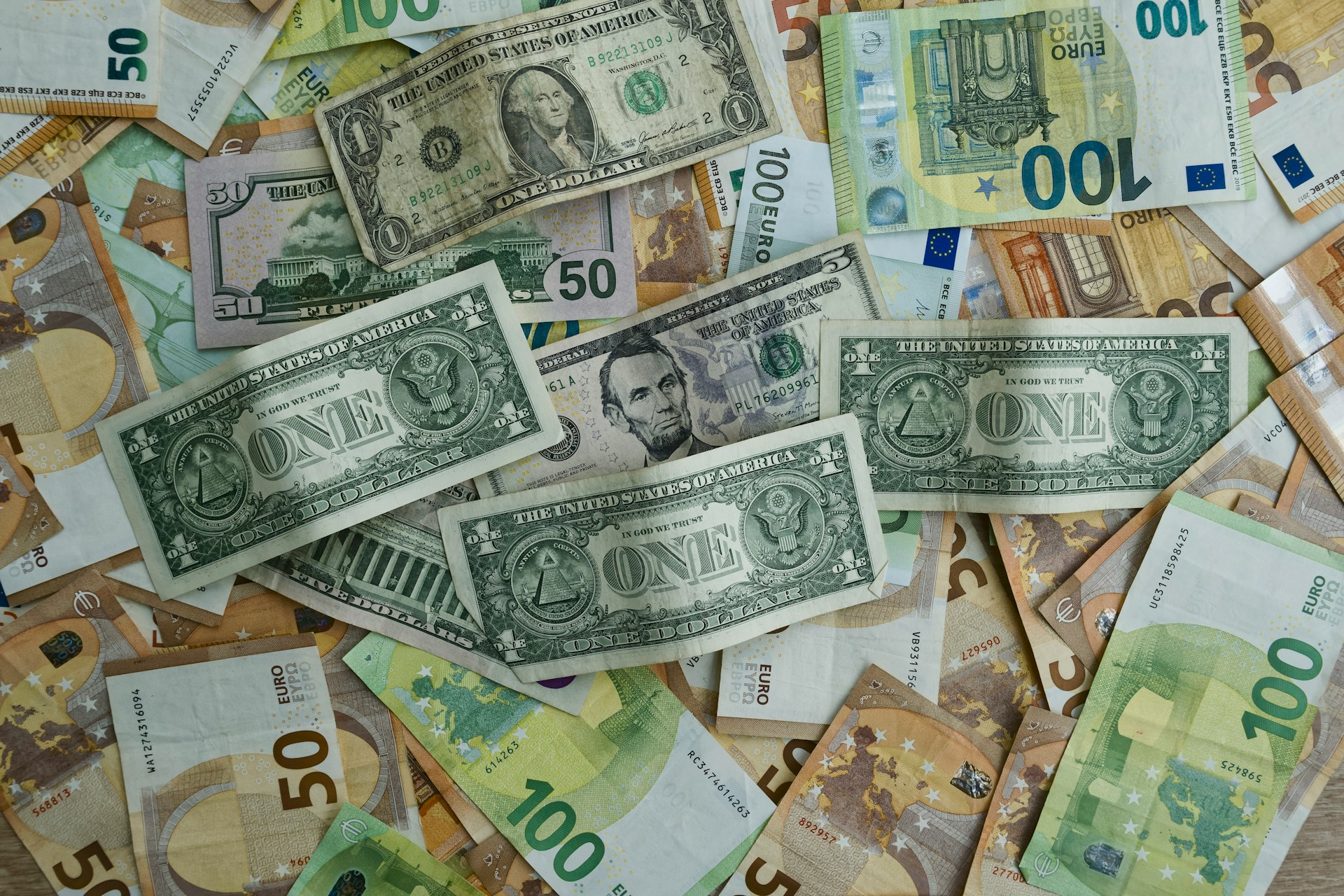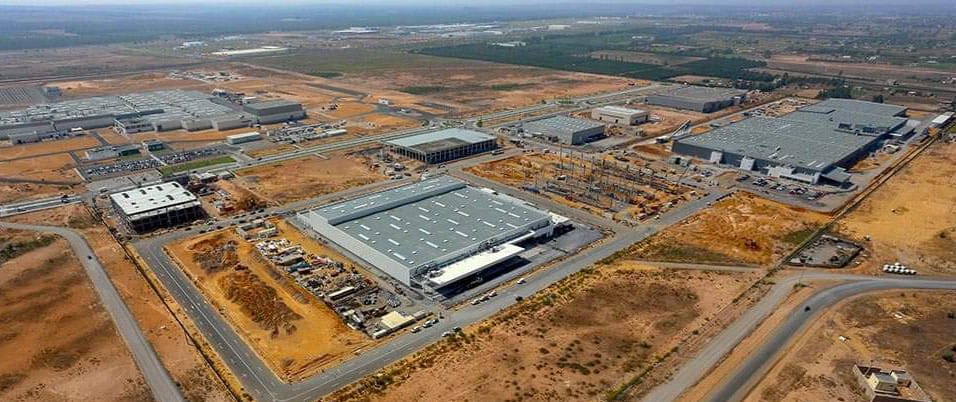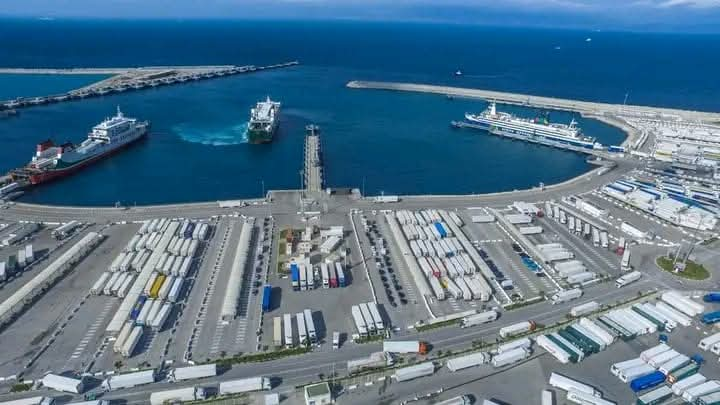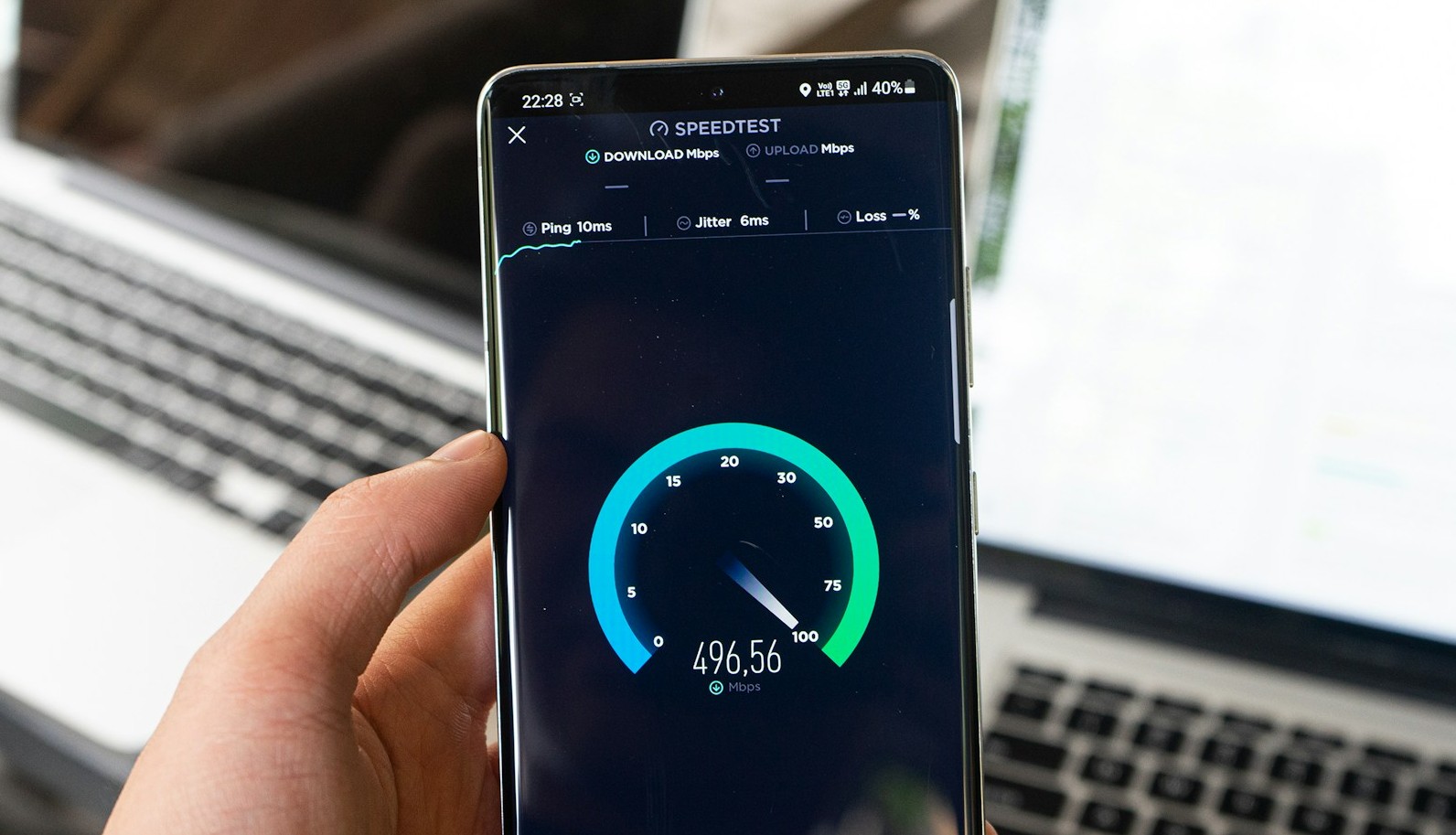Casablanca – Morocco’s OCP Group, through its subsidiary OCP Nutricrops, has entered into a new agreement with the Bangladesh Agricultural Development Corporation (BADC) to supply 1.1 million tonnes of non-urea fertilizers over the 2025–2026 period. This strategic move marks a renewed phase in a 17-year-long partnership between the two entities and reaffirms their shared commitment to promoting sustainable, efficient, and locally adapted agricultural practices in Bangladesh.
The agreement was formalized during a recent high-level visit to Morocco by an official Bangladeshi delegation, comprising representatives from the BADC and the Ministry of Agriculture of Bangladesh. The visit featured key events such as the signing ceremony, a guided tour of OCP’s massive industrial complex at Jorf Lasfar—the world’s largest fertilizer production platform—and a visit to the Mohammed VI Polytechnic University (UM6P), which serves as OCP’s primary center for research and innovation in Africa.
A longstanding partnership anchored in shared agricultural goals
The new agreement continues a collaboration that began in 2008 and has since evolved into a multidimensional partnership encompassing fertilizer supply, agronomic research, farmer training, and technology transfer. With the supply of 1.1 million tonnes of fertilizer planned through 2026, the agreement is one of the largest ever signed between the two parties. The fertilizers are tailored to Bangladesh’s specific soil conditions and will be deployed to support national efforts to increase productivity and reduce reliance on imports of less sustainable or less efficient inputs.
According to OCP Nutricrops, the initiative is aligned with Bangladesh’s agricultural policy goals, including the Good Agricultural Practices Policy (2020) and the Perspective Plan 2025–2050. These frameworks aim to modernize the country’s agricultural sector by focusing on input efficiency, environmental sustainability, and food security.
Youssef El Bari, CEO of OCP Nutricrops, commented on the importance of the partnership:
“We are proud to renew our collaboration with BADC. This agreement reflects the trust of our Bangladeshi partners and our mutual goal of building a more productive and sustainable agricultural future. It’s not only a commercial agreement, but a platform for deeper cooperation in research, training, and innovation.”
Strengthening south-south cooperation through technology and training
The partnership extends far beyond product delivery. During the official visit, both parties explored opportunities to deepen collaboration in agronomic research, capacity-building, and innovation transfer. Particular attention was paid to training farmers in best agricultural practices, a core component of the OCP Foundation’s mission.
Between 2019 and 2023, nearly 15,000 Bangladeshi farmers—including over 4,000 women—participated in training programs supported by the OCP Foundation. These initiatives aimed to improve crop yields, enhance soil health, and introduce environmentally sound farming techniques. OCP and BADC have also worked together on demonstration plots and fertilizer trials to optimize application strategies based on local agro-ecological conditions.
Ruhul Amin Khan, Chairman of BADC, expressed Bangladesh’s gratitude for the longstanding support of Morocco and OCP, stating:
“This partnership has significantly contributed to the productivity of our agricultural sector. We look forward to strengthening our collaboration across new areas—particularly in innovation, logistics, and technology transfer—that are vital for achieving food sovereignty.”
Sustainability and innovation at the forefront
The new agreement highlights OCP Nutricrops’ emphasis on developing tailored and sustainable fertilizer solutions for the Global South. The company promotes the use of balanced crop nutrition, efficient input management, and science-based approaches to soil health.
By leveraging UM6P’s expertise in applied research, the partnership aims to deliver solutions that meet Bangladesh’s evolving agricultural needs while addressing broader challenges such as climate resilience and land degradation. Discussions between the two parties during the visit focused on how to scale up research cooperation and support Bangladesh’s efforts to transition toward a self-sufficient, sustainable agricultural system.
The emphasis on sustainability is in line with OCP’s broader strategy of fostering South-South cooperation. The Moroccan group continues to expand its partnerships across Africa, Asia, and Latin America to help countries meet food security objectives, reduce dependency on imports, and build domestic capabilities in agricultural production.
Looking ahead
As global agricultural supply chains face increasing pressure from geopolitical tensions and climate change, the renewed agreement between OCP Nutricrops and BADC serves as a model of resilience and proactive cooperation. It underscores how long-term partnerships rooted in shared development goals and scientific collaboration can drive meaningful progress in national food systems.
With deliveries set to begin in early 2025, both sides have expressed confidence in the success of the new phase of the partnership. In addition to the supply of fertilizer, stakeholders are optimistic about the potential for expanded cooperation in education, research, and infrastructure—key components for achieving agricultural self-reliance in Bangladesh.
This agreement further consolidates OCP Nutricrops’ role as a key player in supporting sustainable agricultural transitions in emerging economies and positions Morocco as a reliable partner in addressing global food security challenges.
















